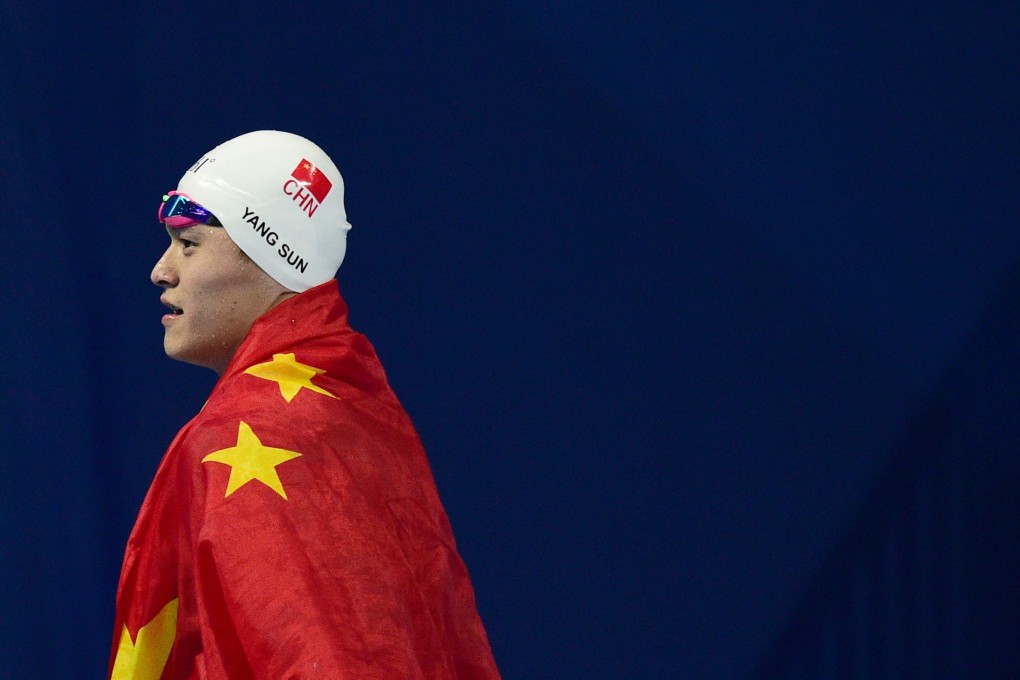Opinion | Sun Yang: will Chinese swimmer go out with a bang or a whimper?
- The 29-year-old’s fate hangs on the ruling that will determine if he gets into the pool for Tokyo 2020
- Competing at the Summer Olympics would create a firestorm of controversy and negative press

Two opposing narratives could yet play out. One, a quiet denouement to the Chinese superstar’s once bright career, signalling the end of his fall from grace. The other a fabulously controversial one which involves an Olympic Games, Rule 50 and an overarching meta-narrative of geopolitics.
Next week the Court of Arbitration of Sport will kick off a second hearing concerning a now legendary day that took place in September of 2018.
Three dope testers, private officials hired by the World Anti-Doping Agency, arrived at Sun’s house in Hangzhou in Zhejiang province, to conduct a random test. During the procedure, one of the testers took a picture of the swimmer, who then became suspicious. Sun asked for identification and only the lead tester was able to provide paperwork.

After asking his doctor to come to his house and consulting Chinese swimming officials, Sun refused to complete the test. The testers declined to leave any equipment behind, prompting Sun’s security guard to smash a blood vial to allow the team to retrieve the broken glass.
